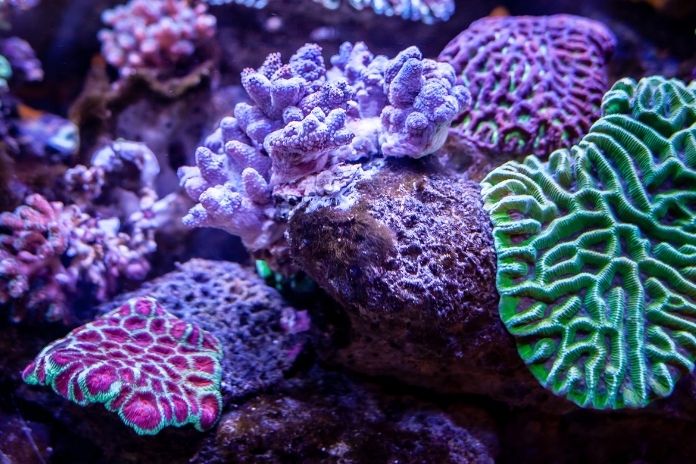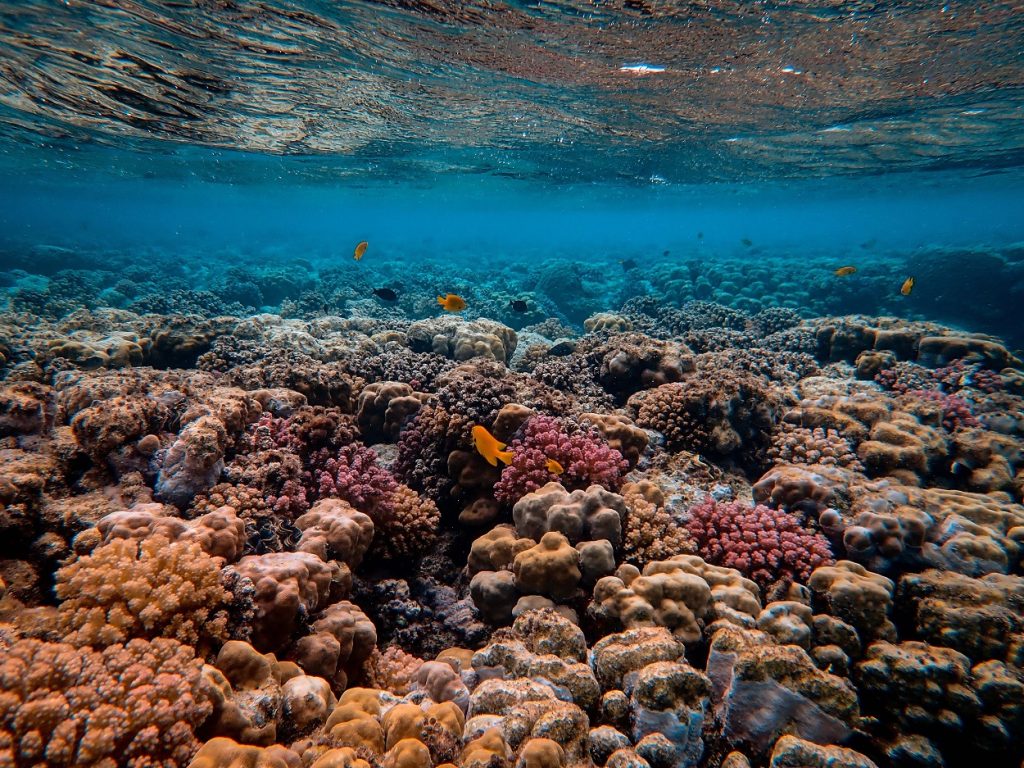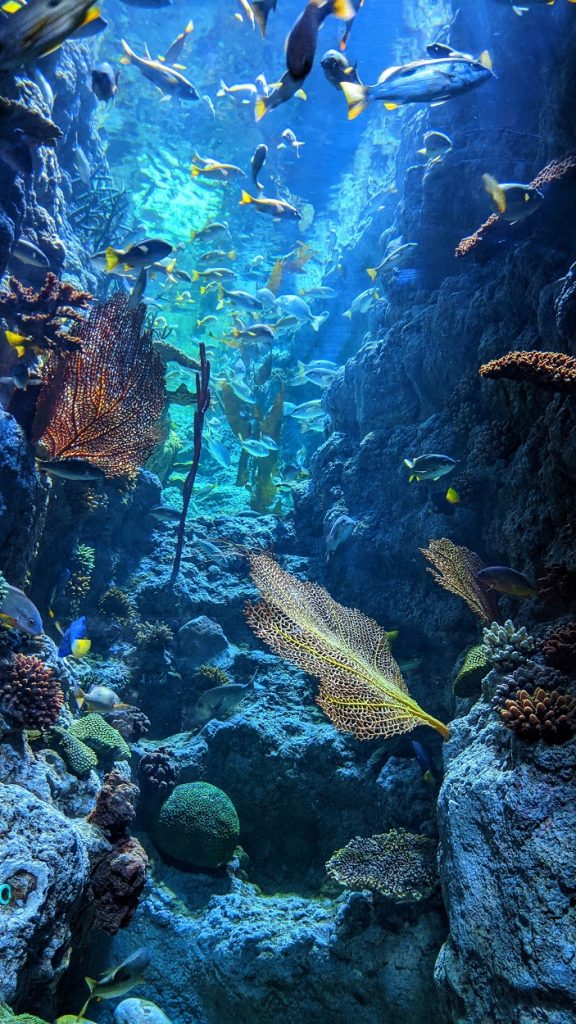
Aquaculture plays a critical role in our marine biome. It aims to restore wildlife and preserve endangered species. One of these species includes the coral reefs, which support 25 percent of marine life in our oceans. These organisms, which vary in shape, size, and color, require specific conditions to thrive. Understanding the importance of aquaculture for sustaining reefs is an important step in preserving this species.
The Importance of Coral Reefs
The diversity and beauty of coral reefs certainly are attractions to people living near bodies of water. However, they provide much more than just visual beauty. These aquatic structures protect shorelines from storms, floods, and erosion. Without these natural barriers, coastal communities would greatly feel the effects of the natural elements. Biodiversity is another large component that’s still being discovered to this day. Researchers have derived drugs from coral reefs to combat arthritis, cancers, infections, and other diseases.

Unfortunately, due to climate change, coral reefs have suffered; therefore, marine habitats have also suffered. Coral is a crucial source of protection and food for fish. Without coral, there could be a biome change or even biome destruction at large.
The Importance of Coral Aquaculture
The process of conserving coral reefs through aquaculture involves carefully extracting small pieces of coral from a larger coral reef. This method usually takes more time as opposed to simply cutting the coral, but it’s much safer for preserving the coral. Methods vary, but after extraction, these pieces of coral are pruned and placed on an artificial base before being placed in a controlled, aquatic environment. Although some coral gardeners use tubs, many use tanks for a better view of their coral’s environment over time.
Aquaculture allows coral to seed and reproduce so that more colonies may populate. The more they populate, the more that’s contributed to an important specifies at risk. Every populating colony is a push to increase biodiversity research, protection and food for fish, and protection for coastal communities.

The Importance of a Controlled Environment
Minerals within the water as well as water movement are just a few variables that are controlled in order to produce more reef colonies. If these conditions are not maintained well, algae and sponge growth may accumulate. It’s important to check on your coral regularly for this reason. If you’re looking to take part in coral aquaculture but don’t know where to start, check out the basics of saltwater aquamarine maintenance first. After you establish a basic understanding of aquamarine maintenance, the door is open to further education, discovery, and wildlife preservation.
Although climate change and human conditions have taken a toll on our coral reefs, we have an opportunity to preserve and care for them. From biodiversity and marine habitats to natural barriers for coastal communities, coral is worth caring for. The importance of aquaculture for sustaining reefs is immense.





























